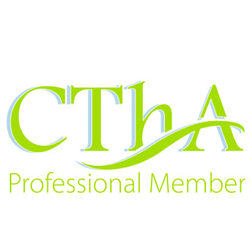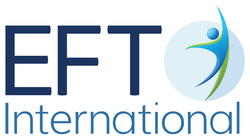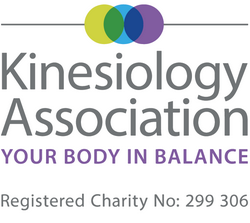Nutrition

Nutrition
The basis of nutritional therapy
Nutritional therapy is the application of nutrition science in the promotion of health, peak performance and individual care. Nutritional therapy practitioners use a wide range of tools to assess and identify potential nutritional imbalances and understand how these may contribute to an individual's symptoms and health concerns. This approach allows them to work with individuals to address nutritional balance and help support the body towards maintaining health. Nutritional therapy is recognised as a complementary medicine. It is relevant both for individuals looking to enhance their health and wellbeing and for those with chronic conditions wishing to work with or 'consult" a nutritional therapist in collaboration with other suitably qualified healthcare professionals.
Practitioners consider each individual to be unique and recommend personalized nutrition and lifestyle programmes rather than a 'one size fits all" approach. Practitioners never recommend nutritional therapy as a replacement for medical advice and always refer any client with 'red flag" signs or symptoms to their medical professional. They will also frequently work alongside a medical professional and will communicate with other healthcare professionals involved in the client's care to explain any nutritional therapy programme that has been provided.
What a nutritional therapy session typically involves?
Before the first consultation, the practitioner usually provides a health and nutrition questionnaire for the client to complete. An initial consultation typically lasts 60 to 90 minutes, and in this time the practitioner asks detailed questions about current health concerns, symptoms, diagnosis and treatment, medical history, family history, lifestyle, levels of physical activity, use of medication and supplements and diet. The practitioner then evaluates individual needs and uses the extensive evidence base for nutritional science to develop a personalised, safe and effective nutrition and lifestyle programme.
Follow up consultations are generally after four weeks in order to monitor progress and make any necessary adjustments. Further follow-ups may be required depending on each individual situation.
Related Pages

Kinesiology
KinesiologyKinesiology is a complementary therapy based on the theory that manual muscle testing can provide information about imbalances and stresses in the body. A Kinesiologist does not diagnose or...read more >>
ART - Autonomic Response Testing
ARTI use Autonomic Response Testing (ART) as taught by Dr Dietrich Klinghardt, M.D., PhD.Dr. Klinghardt developed this technique with the help of Louisa Williams, MC, DC, ND and Yoshiaki Omura, MD.ART...read more >>
Next Previous Blog/News
posted in Body on 18 December 2020
I heard that some people don't know what to do with all the time on their hands during this "stay home, stay safe" period. Others have begun amazing new hobbies or are running around with their hair on fire juggling work from home, homeschooling, hom...
Next Previous Testimonials
Very Supportive and Empowering
"I suffer from a long-term sciatic problem that is severe and causes a good deal of pain. I have been working with Sonia for three months and my core strength has improved, as has all the muscle strain around the weak part of my spine. My osteopath says that he feels a real improvement. I love my sessions with Sonia, they are always varied and especially tailored to fit my very particular needs. She is thorough, kind and attentive. I have recommended her widely and will continue to do so." Jennifer S
Beyond a Workout
"I have always been very active having played a number of sports to a very high standard. My focus has always been on strength and fitness and I realised after a couple of minor injuries that I had neglected some key principles. Working with Sonia was of course very different to working out in a gym or to any other training regime I had been involved in but it has so far had a huge impact on everything that I do - from walking to the tube and avoiding recurring foot injuries to my posture at work and also in the gym. I have learnt things about my body that I never knew and I now wish I had known before. I thought her style of pilates would be interesting and a change from my normal workouts but it has had a much deeper impact than I could have imagined. I now know so much more about my body and can put that knowledge to use in my workouts and everyday fitness regime. Just because you go to the gym 3 times a week does not mean you don't "need" Sonia - in fact I would suggest the opposite. In addition to this, on a personal level, Sonia always makes her sessions interesting. She is an interesting and engaging person who will make an introduction to Pilates Yoga or Somatic Movement a most worthwhile experience and even experts will benefit from her broad knowledge about the body and the mind. I couldn't recommend Sonia more highly to everyone, of all ages and all levels of fitness and experience." Graham H








